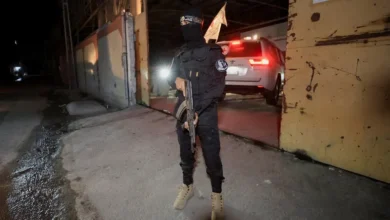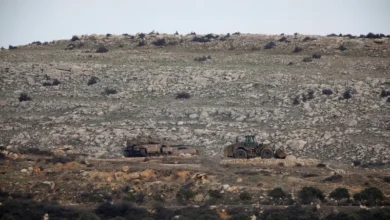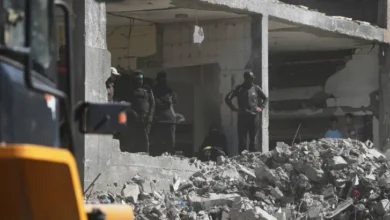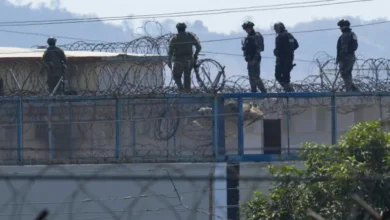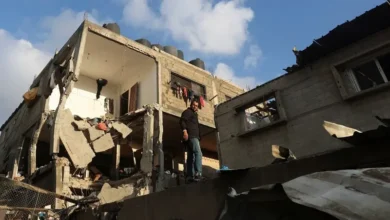Iran hid weapons among earthquake aid to target US troops in Syria: Intel leak report
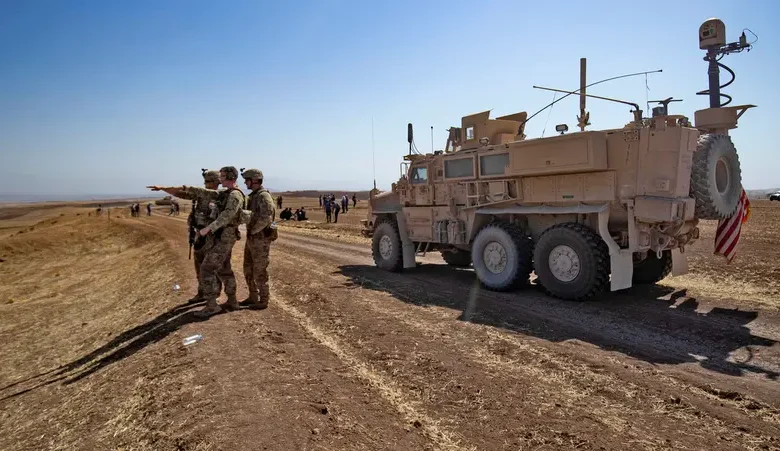
Iran and its proxies are enabling attacks on US troops in Syria through weapons shipments hidden within humanitarian aid sent for the devastating earthquake that hit Syria and Turkey in February and killed tens of thousands, the Washington Post reported on Sunday citing leaked classified US intelligence.
The leaked US intel obtained by the Washington Post contains findings that raise dire questions about the ability of the US and its allies to intercept Iranian-sourced arms used routinely to target American personnel, partner forces and civilians in the Middle East. The leaked findings also amplify earlier reports of Iran’s alleged efforts to conceal defensive military equipment within aid deliveries to Syria in the aftermath of the destructive earthquake.
The leaked intel contained an assessment by US intelligence that Iran’s smuggling of weapons into Syria included small arms, ammunition and drones. It detailed that the delivery of the smuggled weapons were made using vehicle convoys from Iraq coordinated through “friendly militant groups” there and the Quds Force – the IRGC’s overseas arm which provides material support to Iran-allied Shia militias in the region.
The WP report cited a US defense official as saying that this type of Iranian activity was consistent with past efforts by Iran’s Islamic Revolutionary Guard Corps (IRGC) to “use humanitarian aid going into Iraq and Syria as a way to get materials to IRGC-affiliated groups.”
According to the leaked US intel obtained by the WP, Iran and its affiliates mobilized quickly in the immediate aftermath of the earthquake.
“On February 7… a militia group based in Iraq allegedly orchestrated the transfer of rifles, ammunition and 30 [drones] hidden in aid convoys to support future attacks on US forces in Syria,” according to the leaked intelligence documents cited by the Washington Post’s report.
It added that on February 13, a Quds Force officer directed an Iraqi militia group to “embed weapons within legitimate earthquake aid,” while another Quds Force officer maintained a list of “hundreds” of vehicles and goods that entered Syria from Iraq after the earthquake, an apparent effort to manage where all of the trafficked weapons were headed.
According to US officials, Iran-aligned groups pose a persistent threat to the roughly 900 US troops working with local forces in Syria to counter a resurgence of the extremist group ISIS.
In March, a US contractor was killed, and another was wounded in an attack at a base in Syria that was carried out by an Iranian-made drone, as confirmed by the Pentagon. The explosion also resulted in head injuries for several US service members.
However, US officials have stated that the drone was not brought into the country through one of the earthquake aid convoys, without providing additional details. Following the contractor’s death, the US launched airstrikes on Iranian-backed militias that were believed to be responsible for the attack, drawing a strong warning from President Biden to Tehran that the US would respond forcefully to violent assaults on American personnel.



